#dieselgate
Hey, That's My Bike! Sale of Ducati Shelved by Audi CEO
Like an overspending spouse whose partner has commanded they sell their toys to pay off debts, Volkswagen put all its options on the table earlier this year in a bid to raise some cash.
After mulling a sale of Ducati during the darkest days of Dieselgate, VW now plans to hang on to the brand. Recently taking action to curb costs and cut red tape, chief executive Rupert Stadler said the company is “gradually increasing our financial and organizational leeway.” Sounds like VW has found a few more coins amid the couch cushions.
Germany and Italy Oppose Stiffer European Car Approval Rules
Italy and Germany are opposing attempts to give the European Union more authority over the way national car regulators approve new cars for sale. As wild as it is to learn that Germany is standing in the way of stricter automotive regulation and oversight, allow us to assure you that you’ve not misread the above statement. For some reason, Deutschland doesn’t want to see enhanced industry surveillance.
Our best guess is that the opposition has something to do with Volkswagen Group’s diesel crisis, recent concerns that BMW may have utilized a “shut off” device that masked NOx emissions, and the ongoing investigation into a German automotive cartel that may have operated for decades. But there’s also a chance these automakers simply don’t want to deal with the red tape that comes along with piling on government oversight.
Accused VW Executive Claims to Have Been 'Misused' by Company
One of the handful of Volkswagen Group executives that have been forced to appear in front of a judge over the company’s widespread emission scandal, Oliver Schmidt, has exclaimed he was misused by his employer after issuing a guilty plea. Unless the charges are revised prior to sentencing, the former VW employee has copped to conspiracy to defraud the federal government and violating the Clean Air Act. A third charge of aiding and abetting wire fraud was rolled into the conspiracy charge.
The admission to corporate wrongdoing was made in August. However the claim that the company had taken advantage of him came later via a letter to U.S. judge Sean Cox.
Audi Tattles On Itself Over Possible Dieselgate Leftovers
Audi is recalling around 5,000 European A8s after discovering they were releasing excessive nitrogen oxide emissions. The vehicles in question appear to be holdovers from Volkswagen Group’s dieselgate, even though no one has said so officially. But the modus operandi seems to fit here.
It’s the same NOx gas that got VW into trouble back in 2015, it involves the vehicle’s software, and Audi went out of its way to report the cars to Germany’s Federal Motor Transport Authority before saying it was concerned about the “possible illegal manipulation of emission levels.”
United States Approves Fix for 38,000 Volkswagen Group 3.0-liter Diesel SUVs
On Monday, the Environmental Protection Agency announced it had approved a fix for the remaining 38,000 Volkswagen Group vehicles equipped with emissions-cheating 3.0-liter diesel engines. That’s potentially very good news for Volkswagen, as it’s a decision that could save the company a truckload of cash.
In May, VW agreed to spend over $1.22 billion to repair or buy back nearly 80,000 vehicles with 3.0-liter engines as part of its “dieselgate” settlement. The manufacturer was also obliged to pay owners of fixed units between $8,500 and $17,000. However, there was an additional fine of $4.04 billion if the EPA and California Air Resources Board were unwilling to approve repairs on all 3.0-liter vehicles.
With a fix now in place for 38,000 Porsche Cayenne, Volkswagen Touareg, and Audi Q7 SUVs, the company may have just saved itself a over a billion dollars.
FCA: Under Investigation and in Dutch With Europe
Emission probes have been in fashion for a couple of years now, especially in Europe. In France, the most recent target is FCA. Fiat Chrysler Automobiles is currently under a judicial investigation as to whether or not it misled customers and cheated during emissions testing.
Though the terms of probe are unclear, a letter from the French magistrate kicked off the new investigation earlier this month. In the letter, the head of the investigation says the suspected emissions cheating dates back as early as September 2009, and involves the Fiat, Alfa Romeo, and Jeep brands. FCA is also under investigation in the United States over possible emissions cheating with its light-duty diesel truck engines.
Family Feud: Porsche Seeking Millions in Damages From Audi Over Dieselgate Engines
Porsche is apparently seeking 200 million euros — or $234 million — in damages from its Audi stablemate over the costs associated with using its emissions cheating diesel engines. According to reports, Porsche has already issued its claim to Audi and the wheels of justice have been set in motion.
With no verified sources or official word from either automaker, the news is more than just a little strange considering both manufacturers are part of Volkswagen Group. However, Audi did supply both Porsche and Volkswagen with defeat device-equipped 3.0-liter V6s for use in various models. One of those models was Porsche’s Cayenne, and sales of the TDI variant were shelved as the scandal raged.
Old Hat: European Sale of Diesel Cars Overtaken by Gasoline for the First Time Since 2009
Diesel-powered passenger vehicle sales have fallen in Europe. Data from the European Automobile Manufacturers Association (ACEA) showed diesel’s year-over-year market share plummeting in the first half of 2017, sinking from 50.2 percent to 46.3 percent of all new car registrations in the EU.
Helped by negative publicity and governmental intervention, it’s the first time diesels have dipped below the 50 percent mark since 2009. ACEA’s figures indicate 152,323 fewer diesel cars sold so far in 2017, attributing some of the decline to a renewed interest in gasoline-powered vehicles. Of course, if you aren’t buying diesel, you don’t have a lot of other options.
Still, deliveries of “alternative” vehicles — which include hybrid, electric, and natural gas-powered automobiles — also rose by more than 35 percent. Those categories now account for 5.2 percent of Europe’s total auto sales.
Recalled Diesel Volkswagens and Audis Stolen From Silverdome Storage
Dozens of recalled Volkswagen diesels have vanished from the Silverdome parking lot in Pontiac, Michigan, over past last week. The stadium was once home to the Detroit Lions and monster truck rallies. Now defunct, it has been converted into a makeshift purgatory for thousands of emission-cheating VW and Audi-branded autos waiting to be fixed and resold.
Michigan authorities are working with out-of-state police to track down over 60 stolen vehicles. Roughly a dozen of the missing cars were located at an auction lot in Clarksville, Indiana, last Friday. Those recovered units have laid the groundwork for how the police are handling the investigation.
Porsche Mulls Diesel Death for Entire Fleet, Starting With the Cayenne
This season’s must-have fashion for high-end automakers is the proposed elimination of diesel-powered engines. Volvo may keep theirs, but only if they’re supplemented by an electrified unit after 2019, and the same is true for both Jaguar and Land Rover. Mercedes-Benz hasn’t been quite so overt about its own diesel death, but it is pressing aggressively toward mild hybrids.
However, no manufacturer has the same incentive to distance itself from diesels as Volkswagen Group. Porsche, Audi, and VW all suffered from the company’s emissions scandal. Moving away from the fuel was to be expected, but Porsche’s chief executive hints diesel death may occur within a year as the company decides the future of the next-generation Cayenne.
When we previewed the new SUV last month, Porsche mentioned a pair of turbocharged gasoline engines but no diesel option. That was because the brand is still investigating whether diesel even has a place in the Cayenne and, by extension, the rest of its fleet.
Volkswagen Won't Sell Assets to Cough Up Dieselgate Capital, Blames Union Leaders
Financial analysts and industry experts have been expecting Volkswagen to begin selling assets to help cope with the cost of its diesel emissions cheating scandal. The penalty for its deception may have already reached $24.2 billion, and German lawsuits could tack on another $8 billion.
However, Europe’s largest automaker says it’s not interested in selling off properties to recoup losses associated with the scandal. It has another plan to rake in the cash.
VW Executive Pleads Guilty to Lesser Charges in Emissions Cheating Case
Oliver Schmidt, a German national and Volkswagen’s former emissions compliance manager in the United States, pleaded guilty in the U.S. District Court in Detroit for his role in the massive diesel emissions scandal. However, he didn’t cop to the complete list of charges.
Instead of the 11 felonies and 169 years of possible prison time he was initially charged with, Schmidt is down to just a couple — conspiring to mislead U.S regulators and violating the Clean Air Act. This makes him eligible for a maximum of seven years behind bars or, more likely, no jail time at all.
VW Executive Charged in U.S. Emissions Probe to Plead Guilty
Oliver Schmidt, former top executive at Volkswagen’s environmental and engineering center in Michigan, is ready to plead guilty in a U.S. District Court in Detroit next month. Schmidt is charged with 11 felony counts relating to VW’s diesel emissions scandal and may be eligible for a maximum sentence of 169 years, according to federal prosecutors.
While the trial isn’t scheduled until August 4th, a spokesman for the court indicated the former-VW executive is seeking a plea deal. The details of the bargain are currently unknown, but it’s likely to involve a reduced sentence in exchange of information on the scandal’s murky history.
Antitrust Regulators Worried German Auto Industry Has Been Running Secret Cartel For Decades
Government authorities are concerned that Germany’s automakers have been running one of the biggest CARtels in history. Allegedly active since the 1990s, automakers used secret working groups to remain in cahoots on decisions regarding technical issues, suppliers, and cost suppression. The groups may have even set the table for Volkswagen’s diesel emissions scandal by encouraging regulatory cheating.
Major manufacturers had apparently agreed on the size of the tanks containing AdBlue, Germany’s preferred diesel treatment fluid to reduce exhaust emissions, and decided the units should be small to keep fluid prices up. When the entire system turned out to be insufficient in meeting regulatory guidelines, illegal software manipulation became the alternative solution.
Germany Forced to Appear Proactive as Anti-diesel Prejudice Swells in Europe
With Paris, Madrid, Athens, and Mexico City all pledging to ban diesel vehicles from entry within the next few years, the fuel’s future doesn’t look particularly bright. While citywide bans like these are becoming increasingly popular in Europe, diesel vehicles still account for almost half of the continent’s registered vehicles.
Germany, which has been speedily moving away from the fuel since Volkswagen’s emissions fiasco, provided more than its fair share of those diesel-powered models. It’s been mulling over how to handle it’s own regulatory matters pertaining to the fuel and the rest of the European Union’s intense pressure doesn’t seem to have fazed it.
Instead of enacting the same transportation ban on diesel vehicles as seen in Paris, Germany has decided to furnish its automakers with the opportunity to clean up their act. Industry officials and politicians have agreed to implement software updates on existing vehicles specifically to keep them eligible for operation within major metropolitan areas. Considering Mercedes-Benz just offered to “voluntarily” recall 3 million Euro-spec cars fitted with diesel engines, that’s incredibly good timing. Likewise, Volkswagen Group claims it will update 850,000 Porsche and Audi vehicles equipped with larger diesel motors.



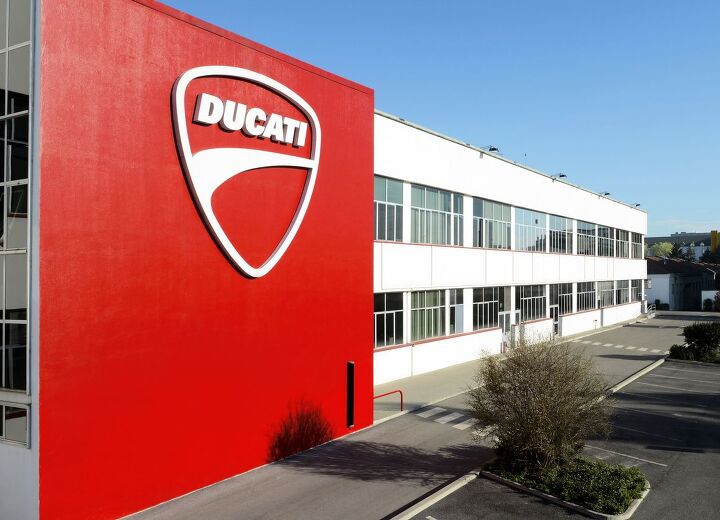
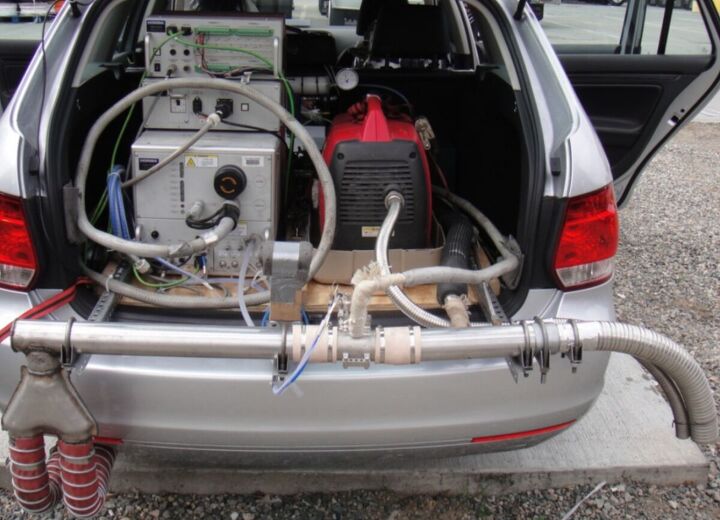



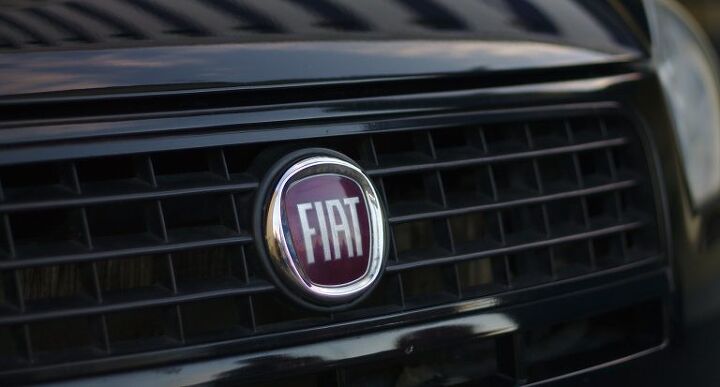
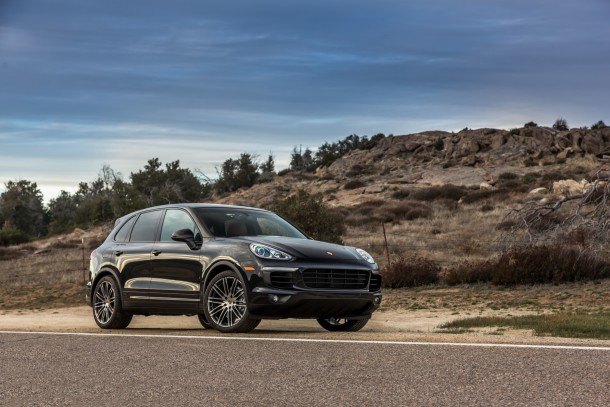



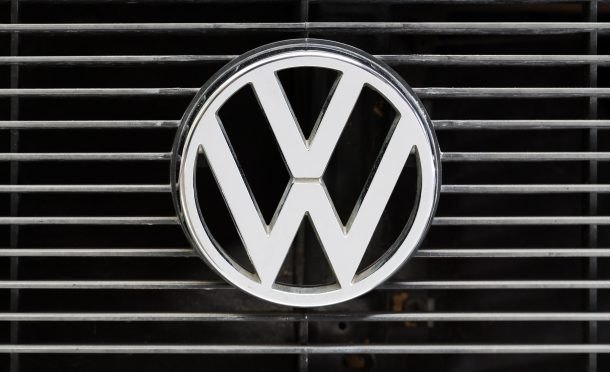

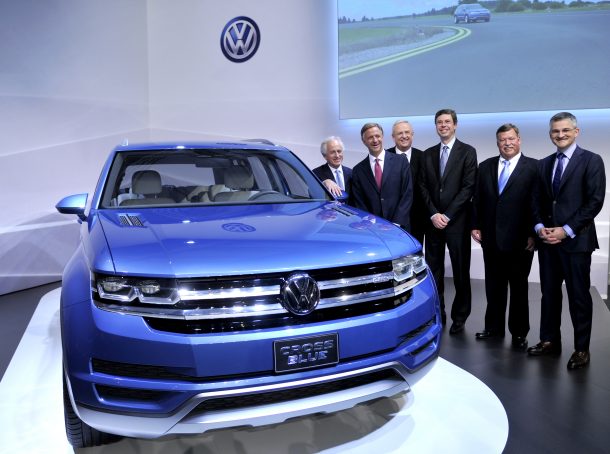












Recent Comments